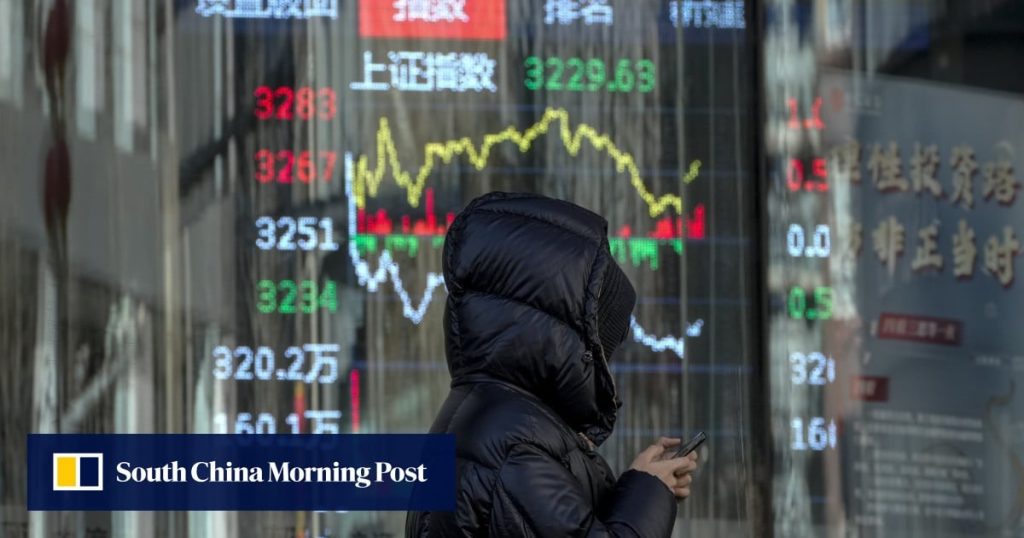Eric Li, a mid-level manager at a state-owned enterprise in China, recently sold a two-bedroom flat in Tianjin for 2 million yuan (US$275,700) – about 20 per cent more than he paid for it 12 years ago.
The investment yielded almost no net gain after deducting renovation costs and interest payments, but Li said he still considered himself lucky compared with people who had bought apartments in China after 2015.
“At least I didn’t lose money,” he said.
He has considered buying US dollars, gold and Hong Kong stocks, but those assets – once seen as stable, safe-haven investments for China’s affluent middle class – have become more volatile this year as global instability roils the financial markets.
Many in China share Li’s anxiety. For years, middle-class Chinese were used to thinking of investments as one-way bets, as the country’s prolonged economic boom drove markets ever higher. But many are now coming to realise that it is not so simple.


